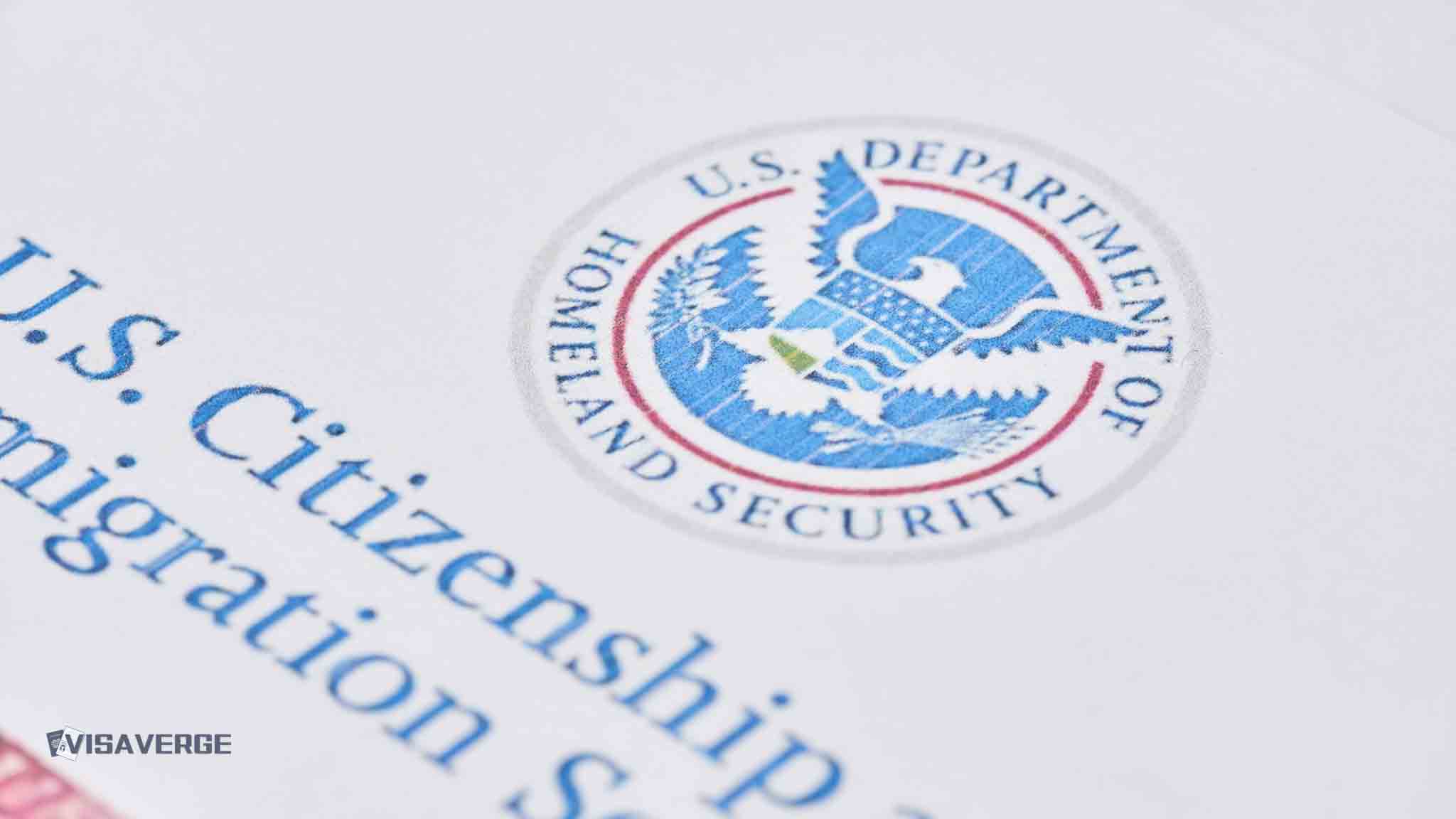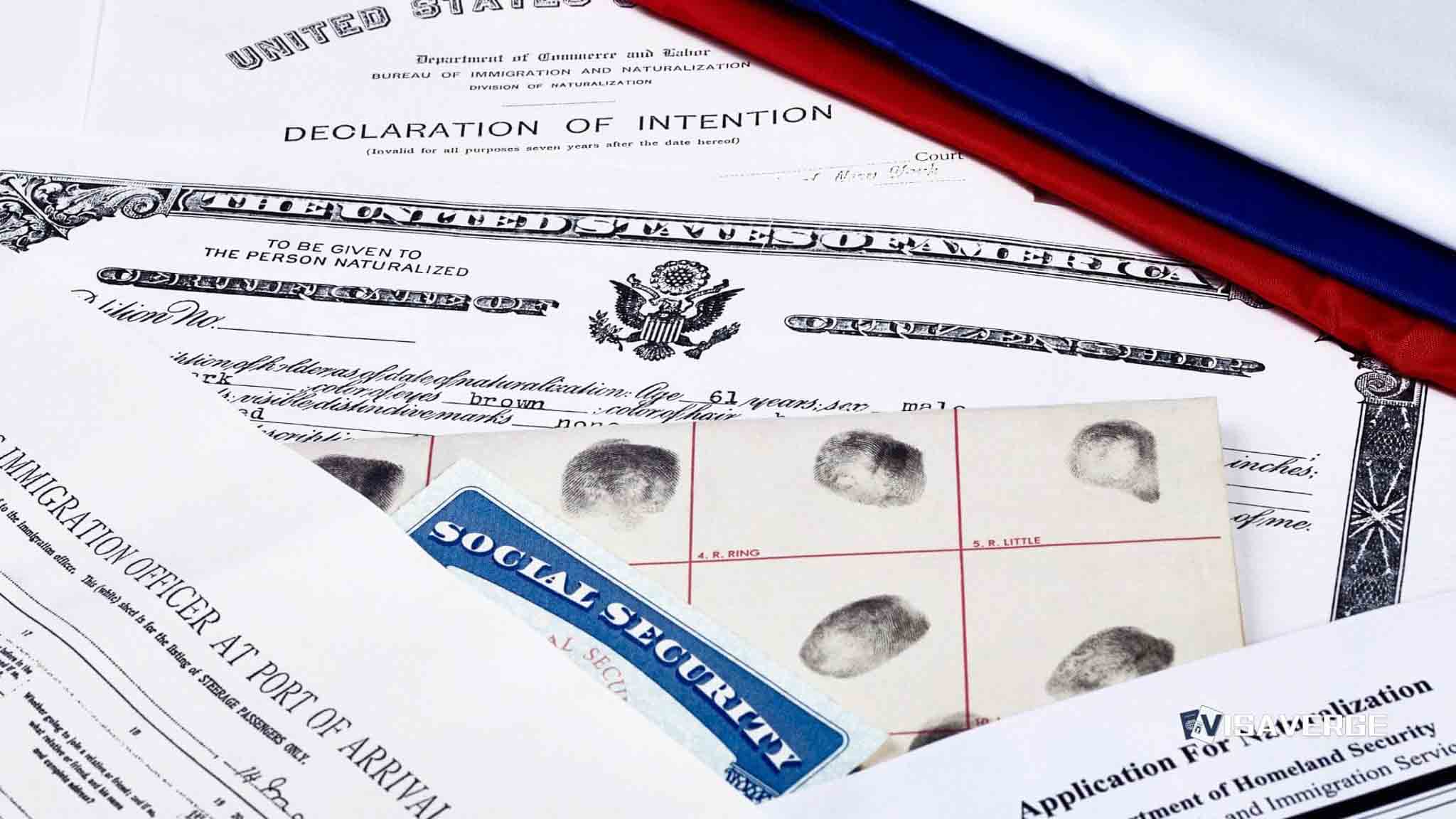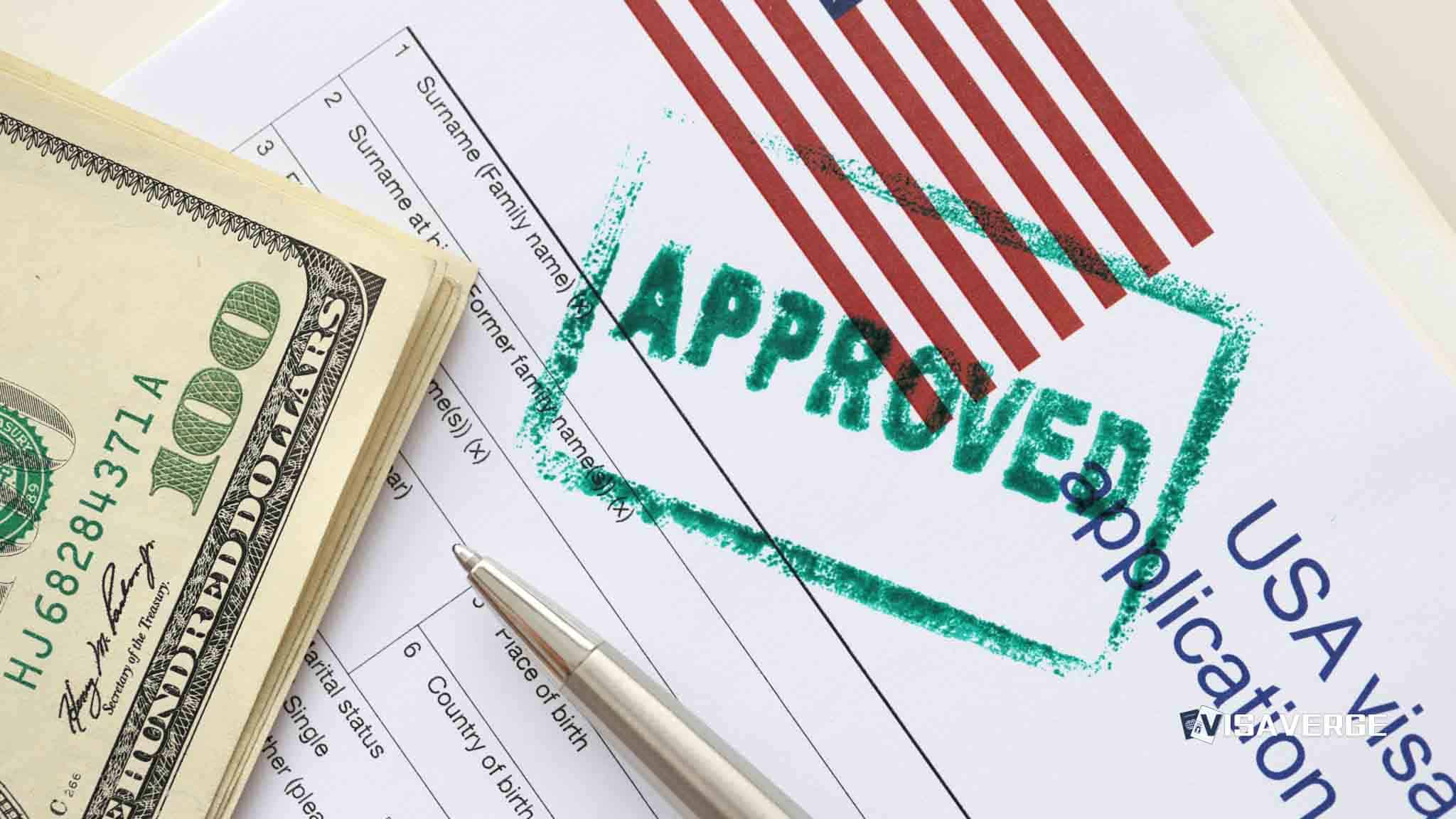Key Takeaways
• Gather 5 to 7 detailed letters of recommendation for a strong EB-2 NIW petition by June 2025.
• Include at least half letters from independent experts outside your immediate professional circle.
• Letters must demonstrate your work’s national importance and unique contributions to the United States.
If you’re preparing an EB-2 NIW petition, one of the most important steps is gathering strong letters of recommendation. These letters help show that your work is important to the United States 🇺🇸 and that you meet the requirements for the National Interest Waiver. Choosing the right people to write these letters, and making sure the letters are detailed and convincing, can make a big difference in your petition’s success.
Below, you’ll find a step-by-step guide to selecting recommenders, requesting letters, and making sure your EB-2 NIW petition is as strong as possible. This guide uses the latest information and expert advice as of June 2025, and it’s designed to be clear and easy to follow, even if you’re new to the process.

Step 1: Understand the Purpose of Letters of Recommendation for EB-2 NIW
Letters of recommendation are a key part of your EB-2 NIW petition. They help show U.S. Citizenship and Immigration Services (USCIS) that:
- You have made important contributions in your field.
- Your work is valuable to the United States 🇺🇸 as a whole, not just to your employer or local area.
- You have the skills, knowledge, and experience needed for the EB-2 NIW category.
USCIS officers rely on these letters to understand your impact and why waiving the usual job offer and labor certification is in the national interest. The right letters can help prove you meet the EB-2 NIW requirements.
Step 2: Identify the Best Recommenders
Choosing who should write your letters is just as important as what the letters say. For an EB-2 NIW petition, you want a mix of people who know your work well and those who can provide an outside, unbiased view.
2.1 Prioritize Independent Experts
Independent Experts are the most valuable recommenders. These are people who:
- Are not your current or former supervisors, coworkers, or close collaborators.
- Do not work at your company or institution.
- Have not published papers or completed projects with you.
Instead, they are respected professionals in your field—such as professors, researchers, or industry leaders—who know about your work through your publications, presentations, or reputation. Their letters show that your work is recognized and valued outside your immediate circle.
Why Independent Experts Matter:
– Their letters are seen as more objective and credible.
– They help prove your work has a broad impact, not just a local or company-specific one.
– USCIS officers give these letters extra weight when reviewing your petition.
How to Find Independent Experts:
– Look for people who have cited your work in their own research.
– Reach out to leaders in your field who have attended your talks or read your publications.
– Ask professional organizations or conference organizers for suggestions.
2.2 Include “Inner Circle” Peers and Collaborators
While independent experts are preferred, you should also include letters from people who know your work first-hand. These might be:
- Colleagues who have worked with you on important projects.
- Supervisors who can describe your daily contributions.
- Collaborators who can explain your role in joint efforts.
These letters provide detailed, specific examples of your skills and achievements. However, they should not make up the majority of your letters. Aim for a balance—about half from independent experts and half from your inner circle.
2.3 Consider Employers or Supervisors
If you have a current or former employer or supervisor who can speak to your unique skills and the impact of your work, their letter can be helpful. They can:
- Explain why your role is hard to fill.
- Describe how your work benefits the U.S. economy, health, or security.
- Give concrete examples of your specialized knowledge.
Important: Letters from employers should be detailed and specific, not just general praise.
Step 3: Decide How Many Letters to Request
There is no official minimum or maximum number of letters required by USCIS for an EB-2 NIW petition. However, most immigration attorneys and experts recommend 5 to 7 letters.
Why 5 to 7 Letters?
– Fewer than 3 letters may look weak or raise doubts about your impact.
– More than 7 letters can be repetitive and may dilute the strength of your case.
– This range allows you to show a variety of perspectives without overwhelming the officer reviewing your petition.
Tip: Focus on quality, not quantity. Each letter should add something new and important.
Step 4: Make Sure Each Letter Includes Key Elements
Every letter of recommendation should contain certain information to be effective. Here’s what to include:
4.1 Recommender’s Qualifications
- The letter should start with a short introduction of the recommender.
- They should explain their own background, job title, and why they are qualified to judge your work.
- If they are an independent expert, they should mention how they know about your work (for example, through your publications or presentations).
4.2 Specific Examples of Your Work
- The letter should give clear, detailed examples of what you have done.
- It should mention projects, papers, inventions, or other achievements.
- The recommender should explain how your work has helped the field or solved important problems.
4.3 National Interest
- The letter must explain how your work benefits the United States 🇺🇸 as a whole.
- It should show why your work is important for the country, not just your employer or local area.
- The recommender should connect your work to national goals, such as improving health, boosting the economy, or advancing technology.
4.4 Unique Perspective
- Each letter should focus on a different part of your work or a different achievement.
- Avoid having all letters repeat the same points.
- If possible, each recommender should highlight a unique skill, project, or impact.
4.5 Irreplaceability or Specialized Knowledge
- If you have skills or knowledge that are hard to find, the letter should mention this.
- The recommender can explain why you are especially qualified or why your work cannot easily be done by someone else.
Step 5: Request and Prepare the Letters
Once you’ve chosen your recommenders, it’s time to ask them for letters. Here’s how to do it:
5.1 Contact Recommenders Early
- Give your recommenders plenty of time—at least 4 to 6 weeks—to write the letter.
- Explain why you are asking them and what the EB-2 NIW is.
- Offer to provide a draft or outline if they are busy or unfamiliar with the process.
5.2 Provide Helpful Materials
- Share your resume or CV, a list of your main achievements, and any important publications.
- Give them a summary of your EB-2 NIW case and what you hope their letter will cover.
- If you have a sample letter or template, offer it as a starting point, but encourage them to personalize it.
5.3 Follow Up Politely
- Check in after a couple of weeks to see if they have questions or need more information.
- Thank them for their time and effort.
Step 6: Review and Organize the Letters
Before submitting your petition, make sure each letter is:
- Signed and dated by the recommender.
- Printed on official letterhead, if possible.
- Free of spelling or grammar mistakes.
- Unique and not copied from other letters.
Tip: Ask a trusted friend, colleague, or immigration attorney to review the letters for clarity and impact.
Step 7: Submit Letters with Your EB-2 NIW Petition
When you’re ready to file your petition, include the letters of recommendation as part of your evidence package. You’ll submit them along with:
- Form I-140, Immigrant Petition for Alien Worker (official USCIS link)
- Evidence of your qualifications (degrees, awards, publications, etc.)
- A cover letter or petition letter explaining your case
Note: There is no separate form for letters of recommendation. They are included as supporting documents with your I-140 petition.
Time Estimates for Each Step
- Identifying and contacting recommenders: 1–2 weeks
- Recommenders writing letters: 4–6 weeks
- Reviewing and organizing letters: 1 week
- Preparing the full petition: 2–3 weeks
Total time: Plan for at least 2–3 months to gather strong letters and prepare your EB-2 NIW petition.
Common Pitfalls and How to Avoid Them
- Too few independent experts: Make sure at least half of your letters come from independent experts, not just colleagues or supervisors.
- Generic or vague letters: Each letter should be detailed and specific. Avoid letters that only give general praise.
- Repetitive content: Make sure each letter covers a different aspect of your work.
- Late requests: Give recommenders plenty of time to write thoughtful letters.
- Unqualified recommenders: Choose people who are respected in your field and can speak with authority.
Troubleshooting Tips
- If you can’t find enough independent experts: Reach out to people who have cited your work or attended your talks. Professional organizations can also help connect you with experts.
- If a recommender is too busy: Offer to provide a draft or bullet points they can use.
- If a letter is too short or general: Politely ask the recommender to add more details or examples.
- If you’re unsure about a letter’s quality: Ask an immigration attorney or experienced colleague to review it.
Checklist Summary
Before submitting your EB-2 NIW petition, make sure you have:
- [ ] 5 to 7 letters of recommendation
- [ ] At least half from independent experts
- [ ] Each letter signed, dated, and on letterhead
- [ ] Each letter includes recommender’s qualifications, specific examples, national interest, and unique perspective
- [ ] No repetitive or generic letters
- [ ] All letters reviewed for clarity and accuracy
Additional Resources
- For official EB-2 NIW requirements and updates, visit the USCIS EB-2 Green Card page.
- For the official I-140 form, use the USCIS Form I-140 page.
- Consider consulting an immigration attorney who specializes in EB-2 NIW petitions for personalized advice.
As reported by VisaVerge.com, the most successful EB-2 NIW petitions combine strong evidence of national importance with detailed, credible letters from both independent experts and knowledgeable colleagues. By following these steps, you’ll give your petition the best possible chance for approval.
Takeaway: For your EB-2 NIW petition, focus on getting 5 to 7 detailed letters of recommendation, with at least half from independent experts in your field. Make sure each letter is unique, specific, and clearly explains how your work benefits the United States 🇺🇸. Careful planning and attention to detail at this stage can make a big difference in your petition’s outcome.
Learn Today
EB-2 NIW → A U.S. visa category waiving job offers for workers benefiting national interest.
Independent Experts → Individuals outside your immediate work who objectively evaluate your professional impact.
USCIS → United States Citizenship and Immigration Services, overseeing immigration petitions and approvals.
Letters of Recommendation → Documents supporting your petition by validating expertise and national benefit of your work.
National Interest Waiver → An exemption allowing petitioners to bypass standard labor certifications for national advantage.
This Article in a Nutshell
Strong recommendation letters are critical for EB-2 NIW success. Prioritize 5–7 letters, half from independent experts, highlighting unique, impactful national contributions. Start early, customize letters, and ensure they clearly demonstrate your work’s importance to U.S. interests for the best petition outcome by June 2025.
— By VisaVerge.com













